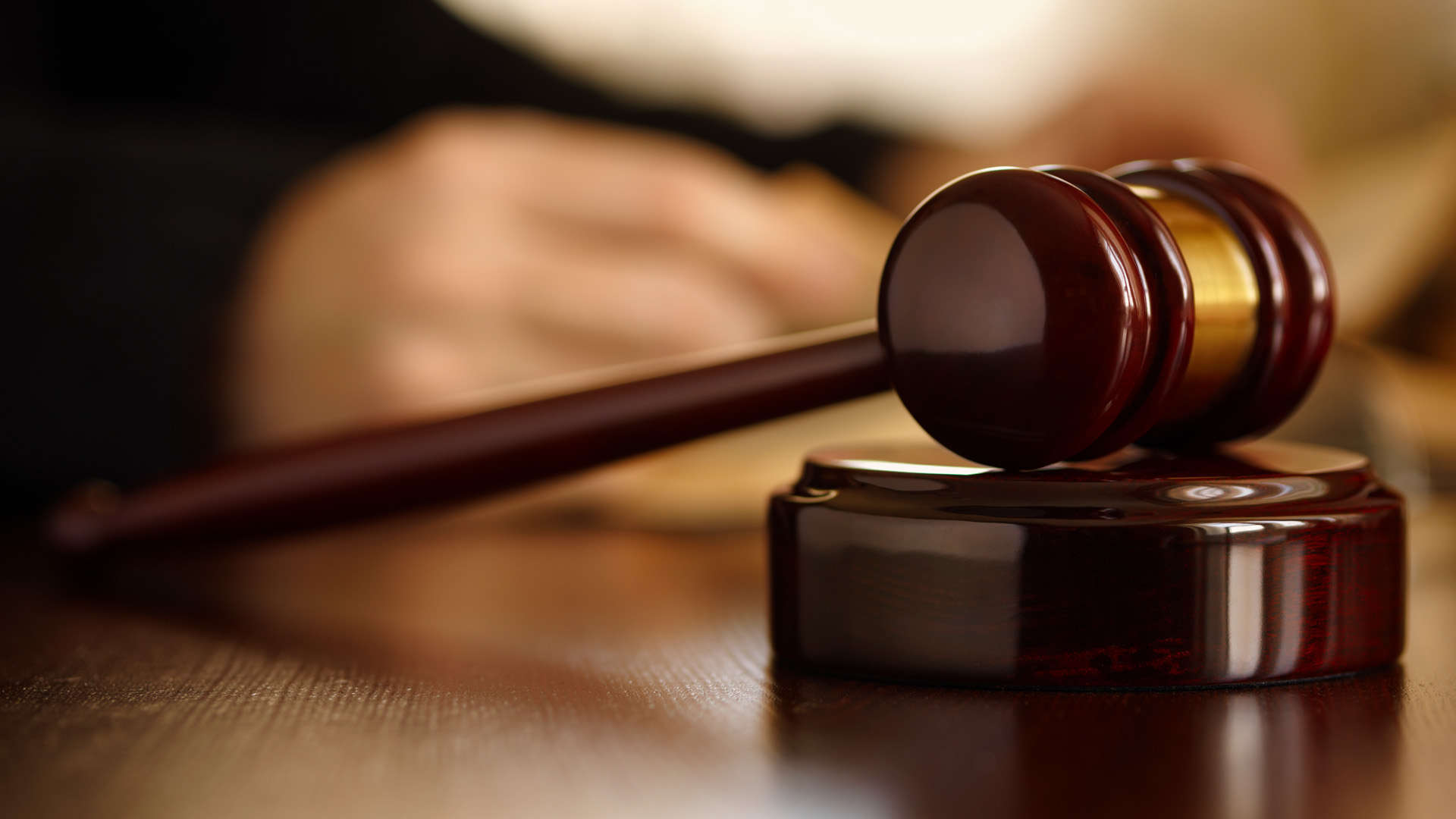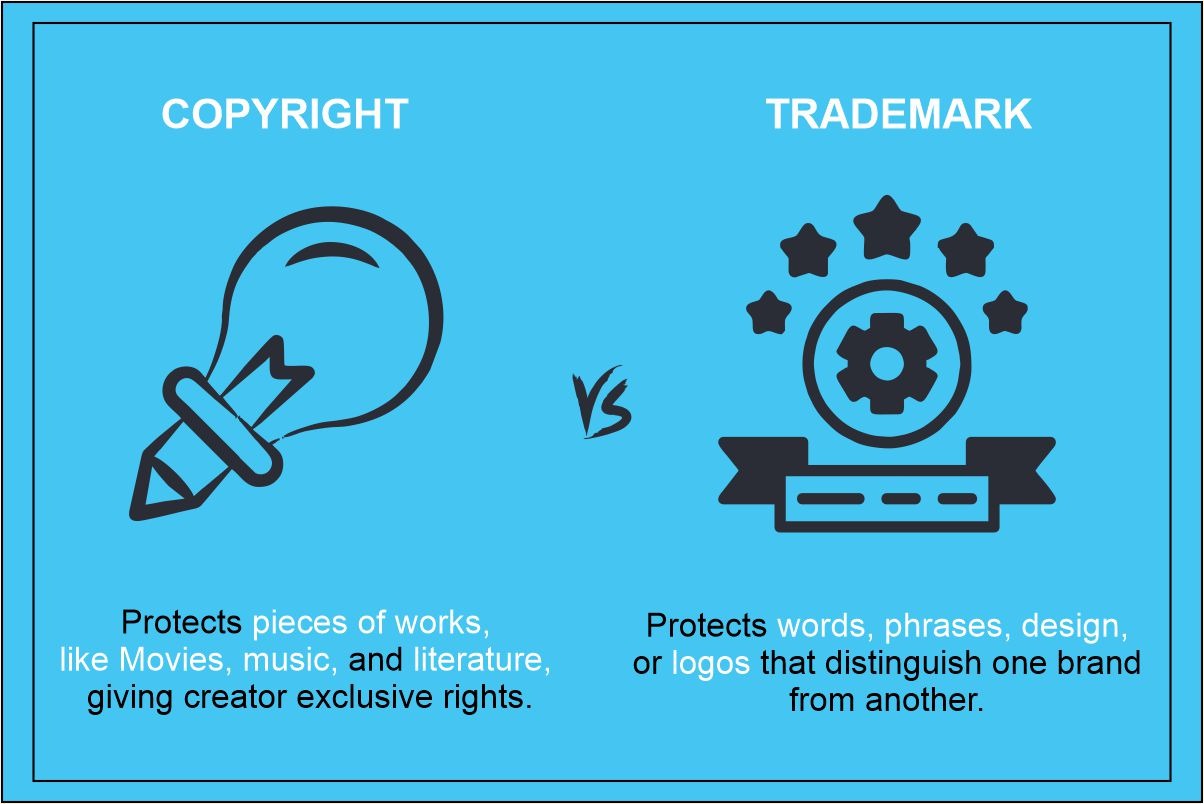The legal ownership of intangible assets, such as inventions, literary and artistic works, designs, symbols,…

Concept Of Moral Rights In Copyright Law
Moral rights are conceptualized as legal recognition of an author’s special relationship with his work or creation. The main objective of moral rights is to protect the author from suffering the consequences of moral, intellectual, or spiritual harassment.
Moral rights are a crucial concept in copyright law that provides specific protections to authors and creators beyond their economic rights.
These rights recognize the fact that creators have a personal and emotional connection to their work that goes beyond its commercial value, and they seek to safeguard the creator’s reputation, integrity, and relationship with their work.
In this article, we will examine the concept of moral rights in copyright law and its significance for creators.
Moral rights refer to a set of rights that protect the personal interests of authors and creators. These rights are distinct from economic rights that enable creators to earn money from their work.
The Berne Convention for the Protection of Literary and Artistic Works is an international agreement that outlines the fundamental framework for copyright law, including moral rights.
The Berne Convention mandates signatory nations to recognize moral rights as a part of their copyright law.
Several types of moral rights exist, including the right of attribution, the right of integrity, and the right of disclosure.
The right of attribution allows creators to be credited for their work, ensuring that authors are acknowledged for their work, even if they have sold or licensed the economic rights to others.
The right of integrity protects the creator’s reputation and prevents their work from being distorted or modified in a way that is detrimental to their reputation, ensuring that the creator’s work is presented in a manner consistent with their intentions.
The right of disclosure allows creators to decide whether and when their work should be made public, ensuring that creators have control over the distribution of their work.
Moral rights are critical because they acknowledge the personal and emotional connection that authors have to their work.
By safeguarding the creator’s connection to their work, moral rights promote creativity and innovation. They also ensure that creators are recognized for their work and that their reputation is protected.
Moral rights are particularly important in situations where the creator has sold or licensed the economic rights to their work.
In these cases, the creator may no longer have control over how their work is used or presented. Moral rights ensure that the creator’s interests are still protected, even if they have transferred their economic rights to others.
In conclusion, moral rights are an essential concept in copyright law that safeguard the personal and emotional interests of authors and creators.
These rights ensure that creators are acknowledged for their work and that their reputation is protected. Moral rights are a crucial part of copyright law, and creators should be aware of their rights and how to enforce them.
By acknowledging the importance of moral rights, we can encourage creativity and innovation in the arts and beyond.




This Post Has 0 Comments